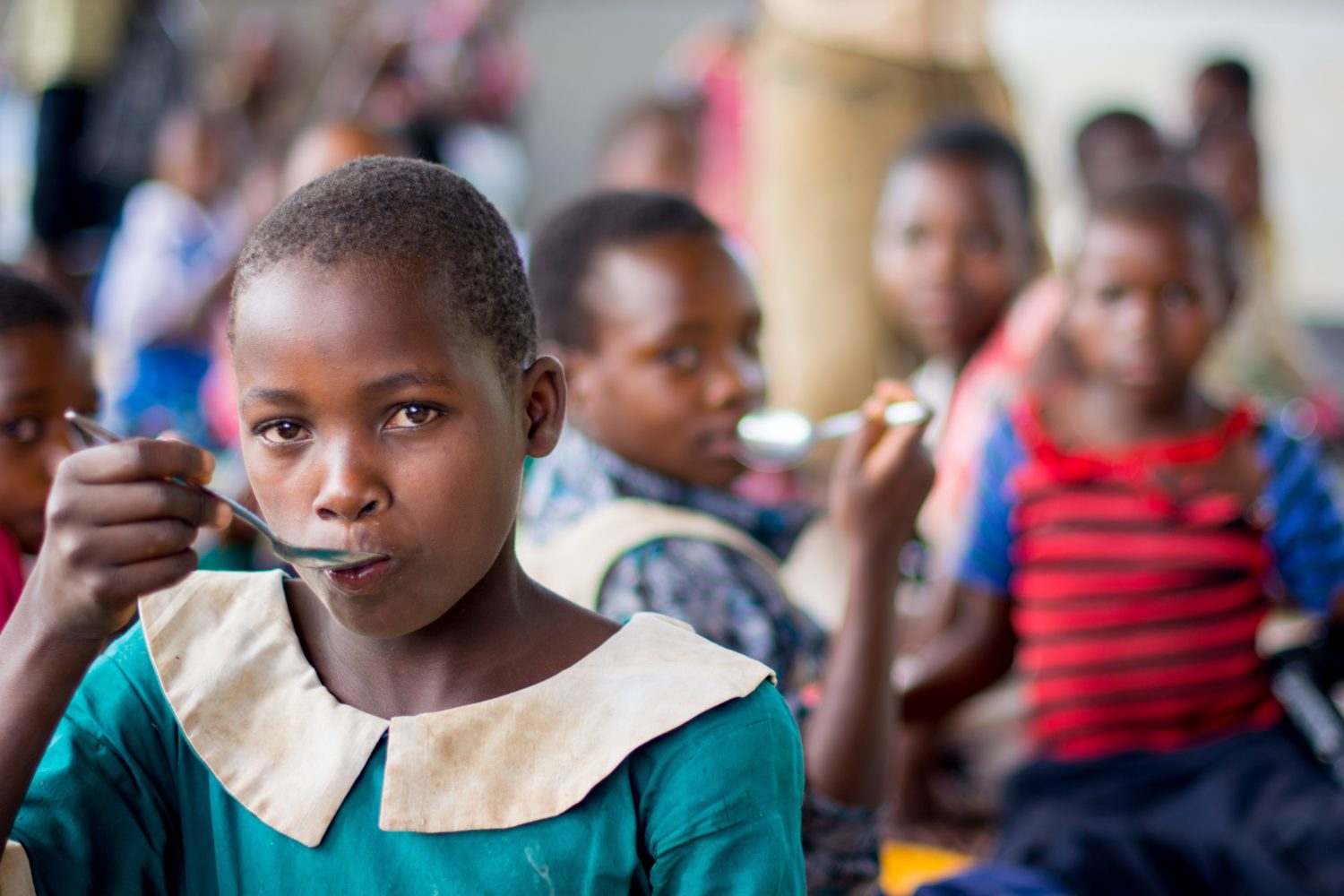The World Food Programme (WFP) says over 182 million dollars (N68 billion) is needed to “sustain lifesaving aid” to Nigeria over the next six months.
SEE ALSO: AATF Urges Cowpea Farmers to Cultivate SAMPEA-20T Over Ban on Food Importation
WFP’s senior spokesperson, Ms Elisabeth Byrs, stated this on Tuesday, according to a report by the United Nations.
The report said “help and funding are needed urgently for millions of people hit severely by the effects of the coronavirus pandemic”.
They include “conflict-hit communities ‘on life-support’” in the northeastern states of Borno, Adamawa and Yobe.
“We are concerned by conflict-affected communities in northeast Nigeria who already face extreme hunger and who are especially vulnerable.
“They are on life-support and need assistance to survive,” the report quoted Byrs as saying.
The three so-called BAY states, have been plagued by a decade-long insurgency that has spilled over into the Lake Chad region, the report said.
It remains among the most severe humanitarian crises in the world, according to the UN Office for the Coordination of Humanitarian Affairs (OCHA).
The report said about 7.9 million people, mainly women and children, were in need of urgent assistance in the region.
“That’s why WFP is distributing now two months’ worth of food and nutrition assistance in IDP camps and among vulnerable communities.
“This is to ensure that people have enough food while they are on full or partial lockdown”, Byrs reportedly said.
WFP said needs were also growing nationwide following a sharp drop in international oil prices since the outbreak of the virus.
As of Tuesday, there were 13,464 confirmed cases and 365 deaths from COVID-19 in the country, according to the Nigeria Centre for Disease Control (NCDC).
Byrs said no fewer than 3.8 million people mainly working in the informal sector were at the verge of losing their jobs “amid rising hardship”.
She said the number could rise to 13 million if movement restrictions (inter-state restrictions) continued for a longer period.
“This would add to the almost 20 million (23 per cent of the labour force) already out of work.
“In a country where about 90 million people, 46 per cent of the population, live on less than two dollars (N752) a day, this is a real concern.
“The urban poor who depend on a daily wage to feed themselves and their families have been very hit by movement restrictions to contain the spread of the virus,” the WFP spokesperson said.

